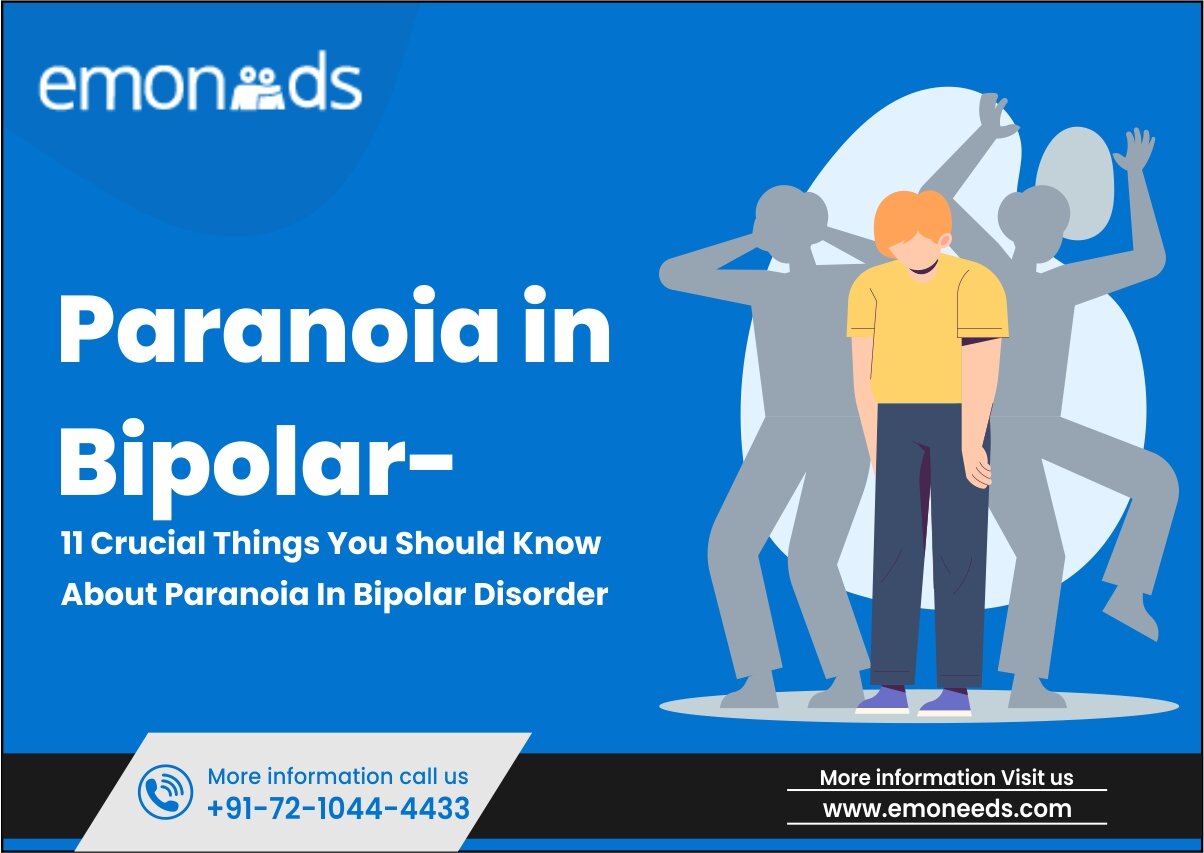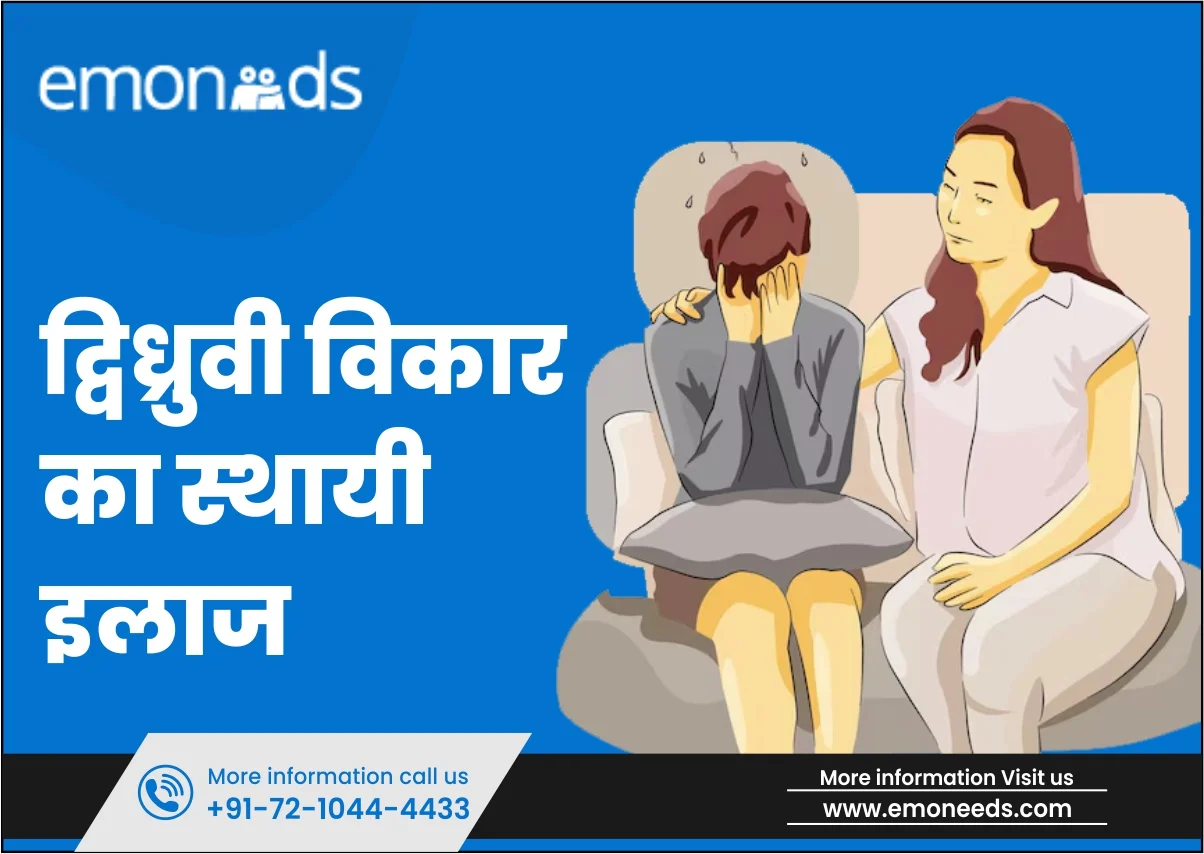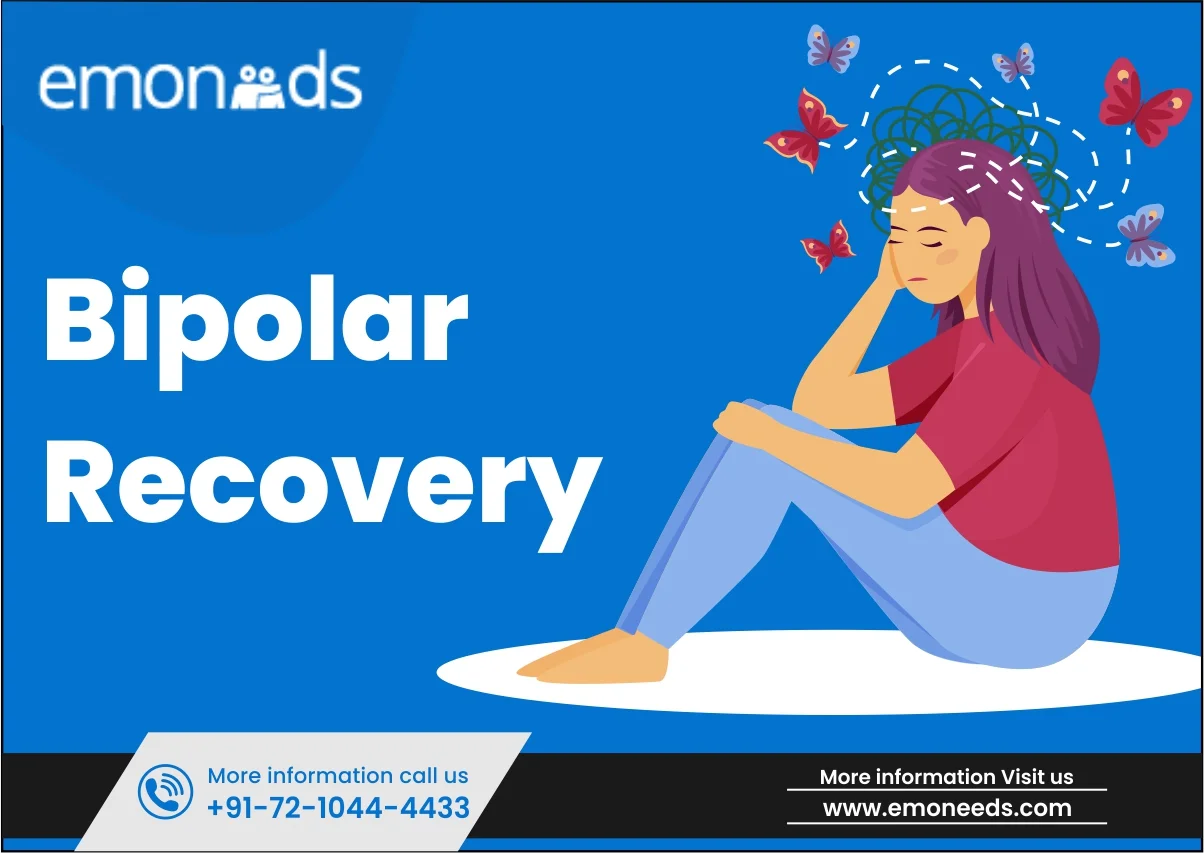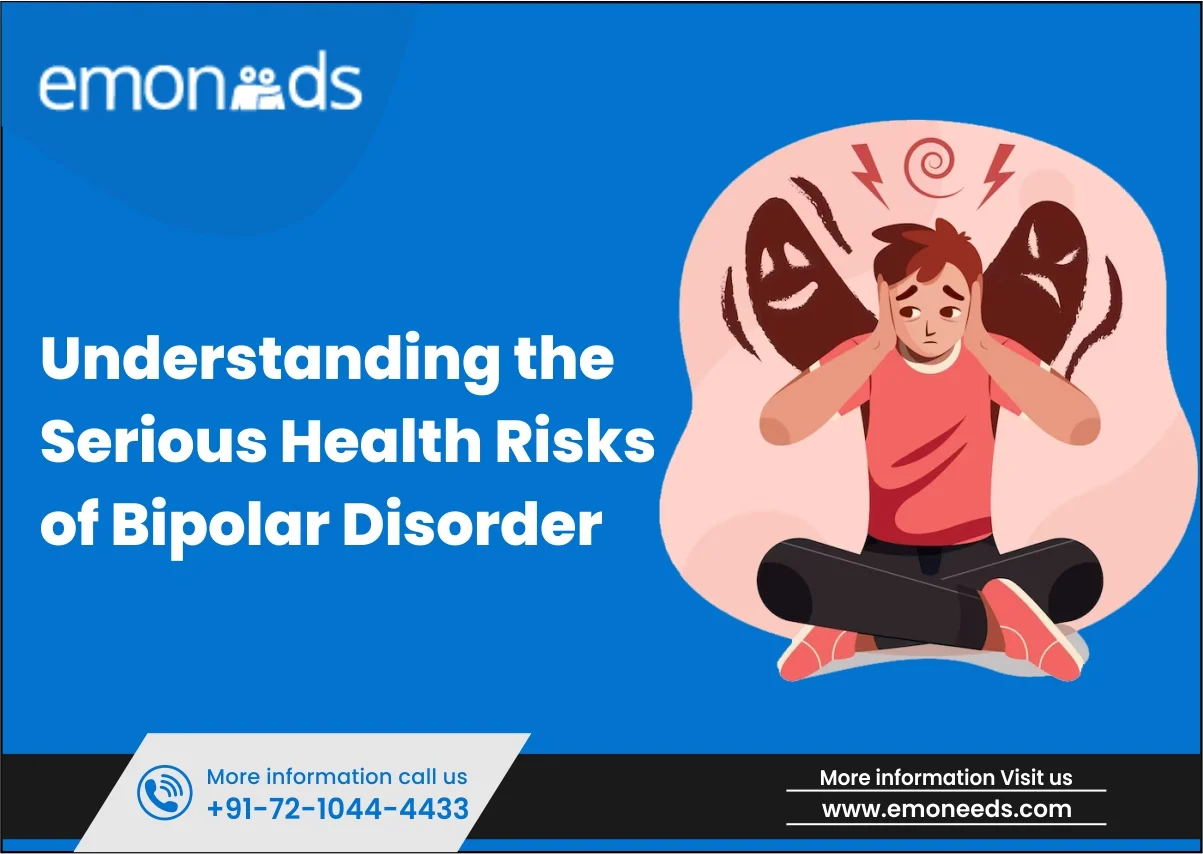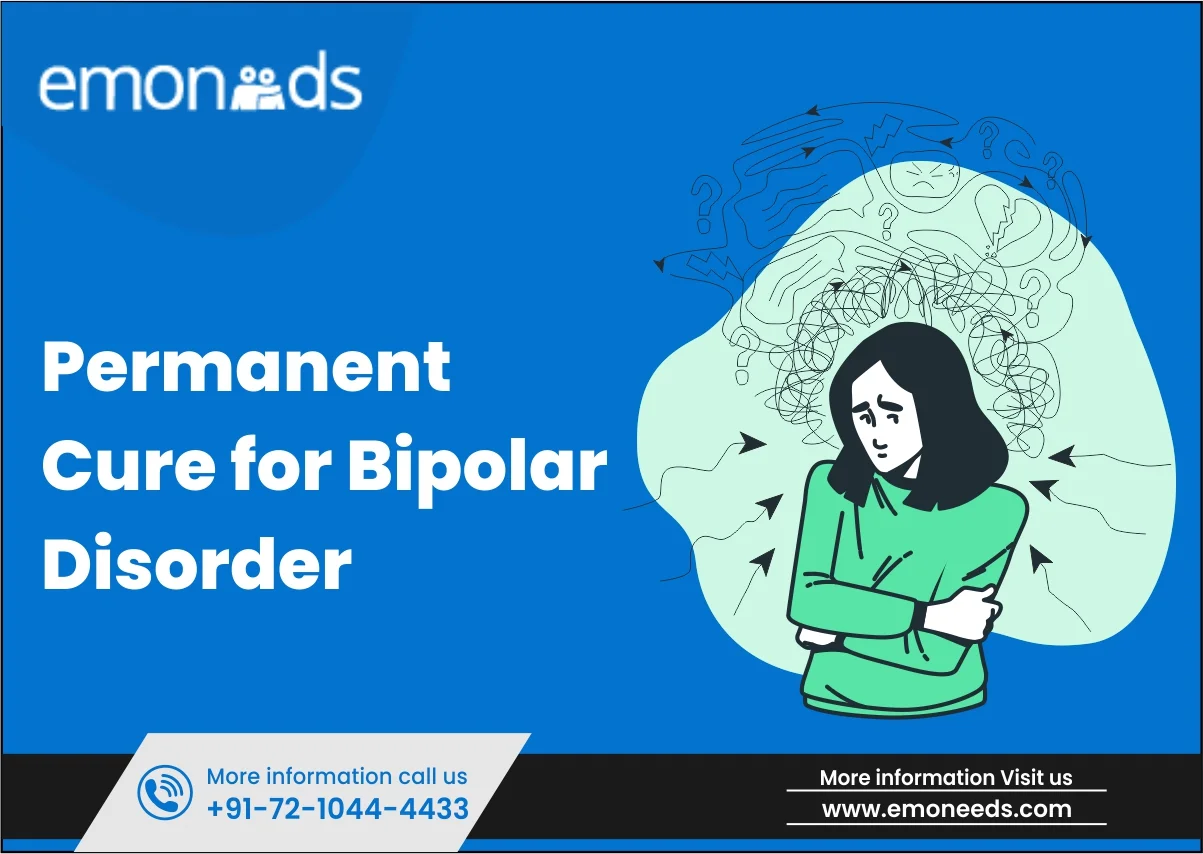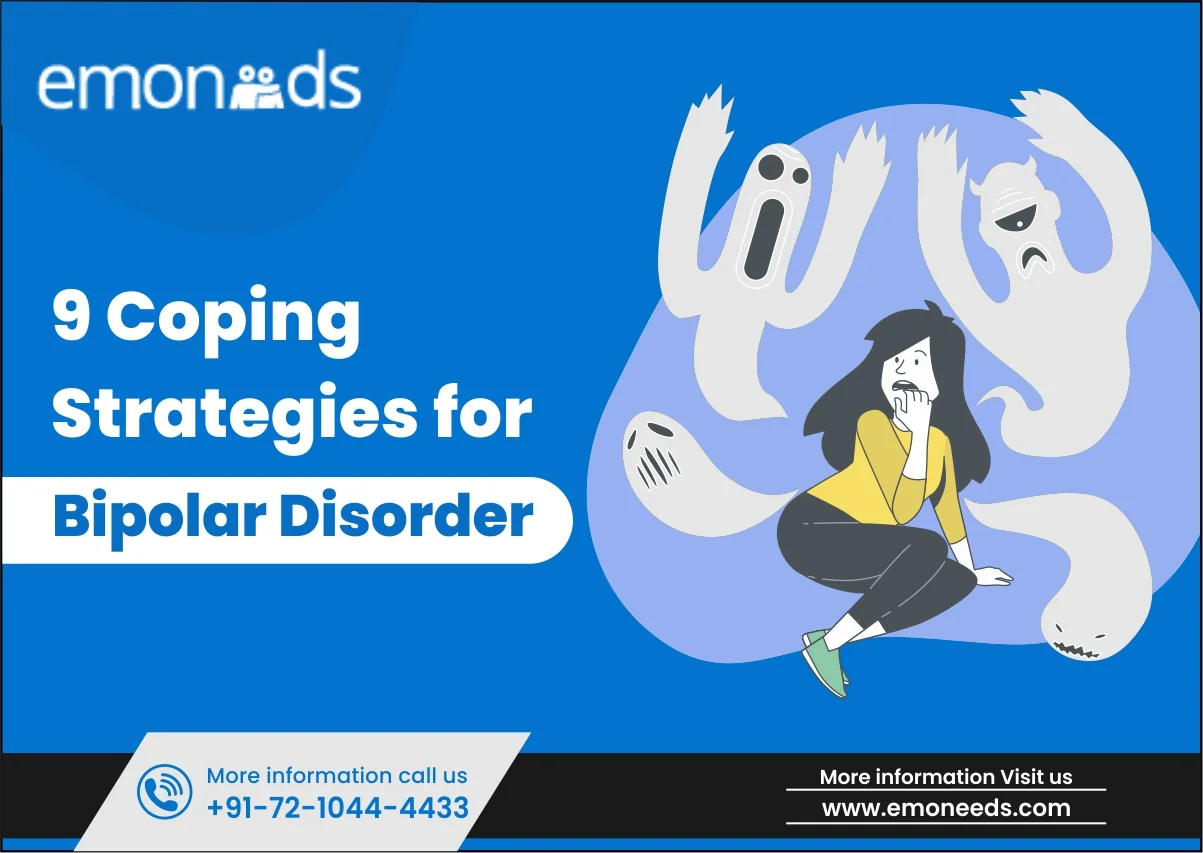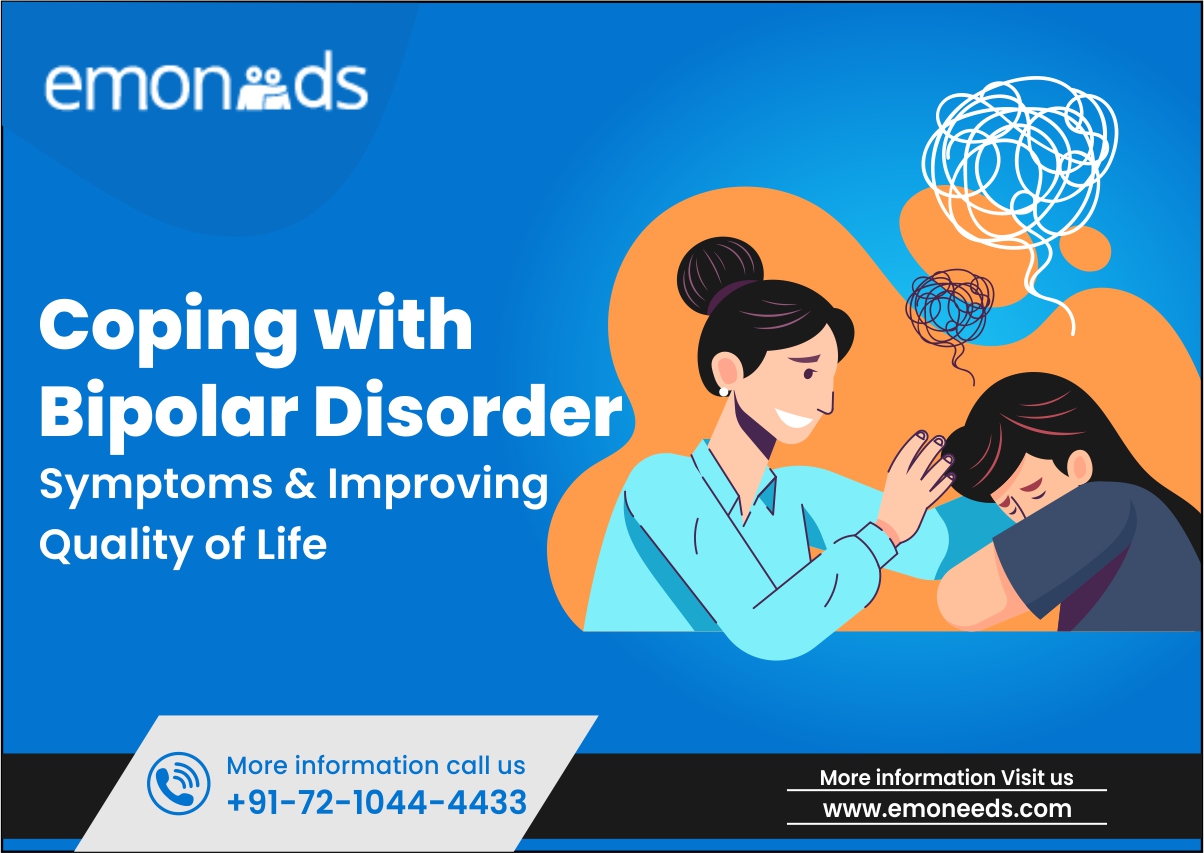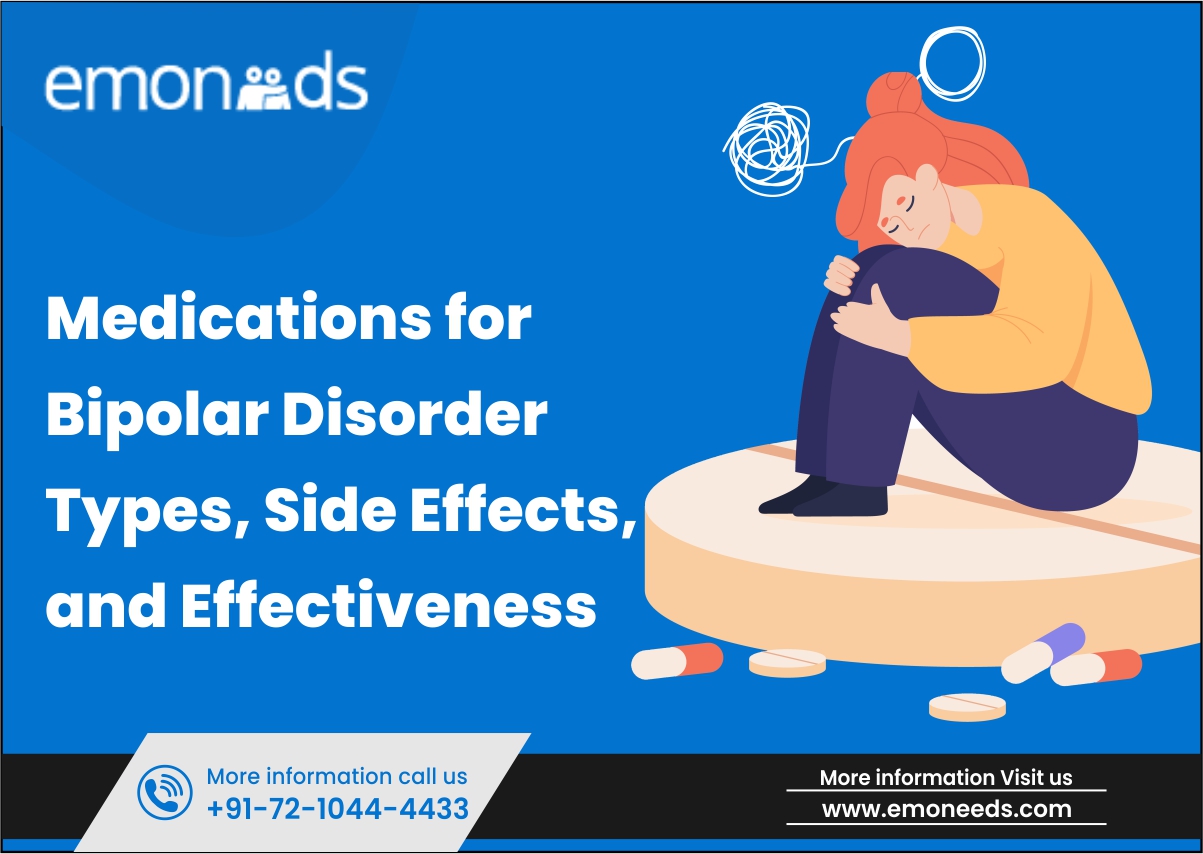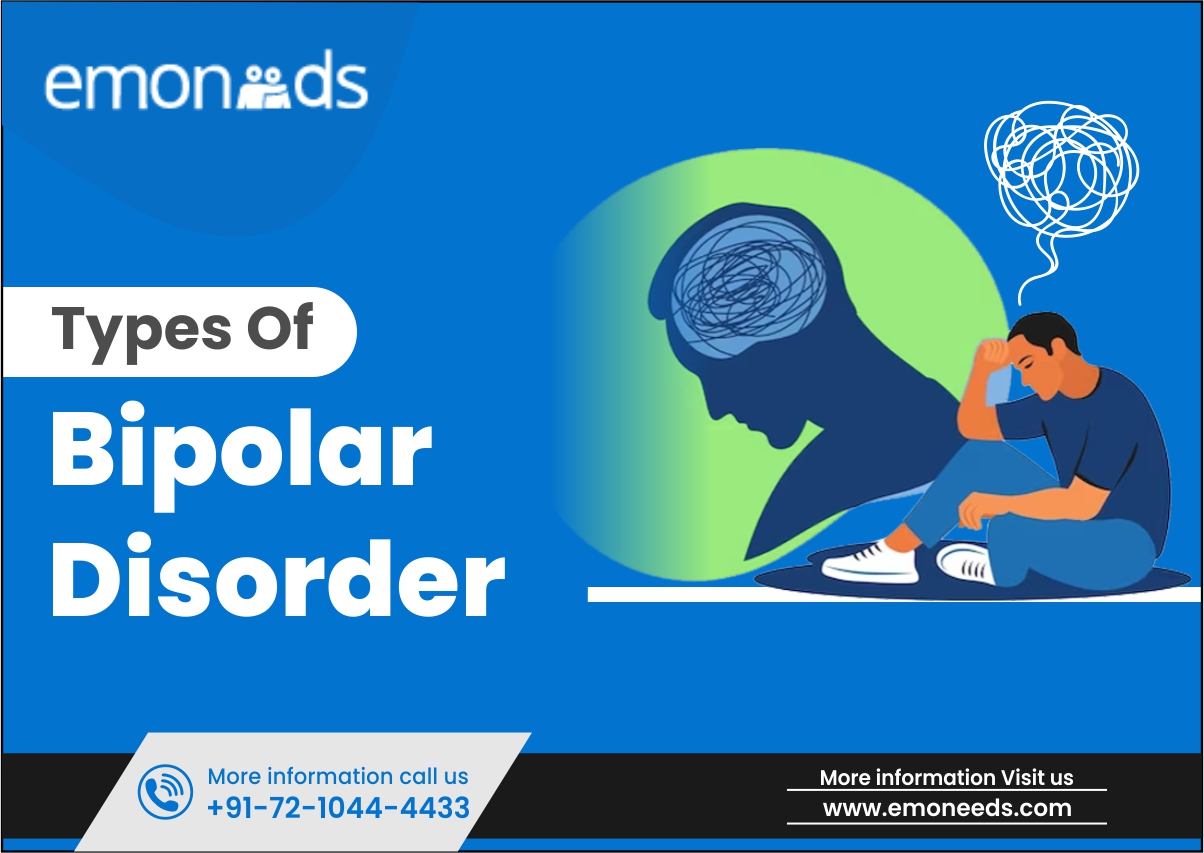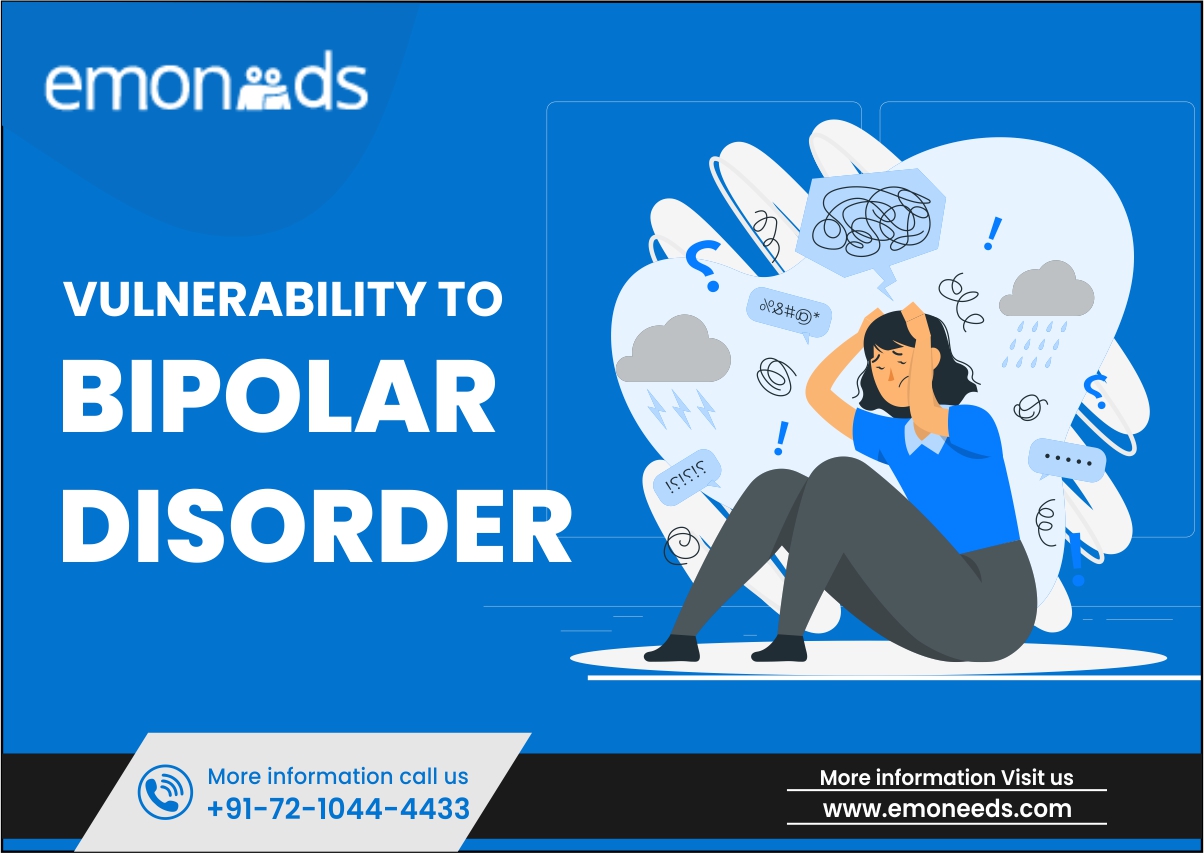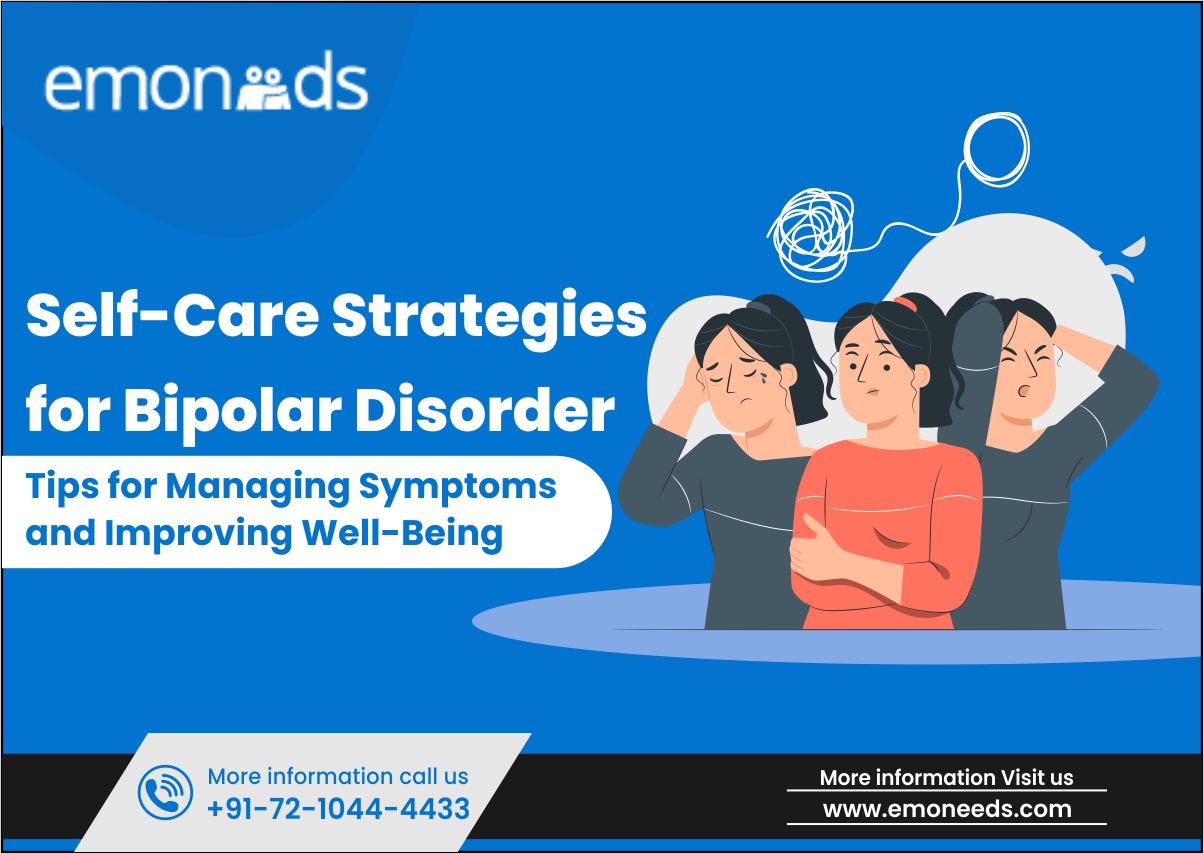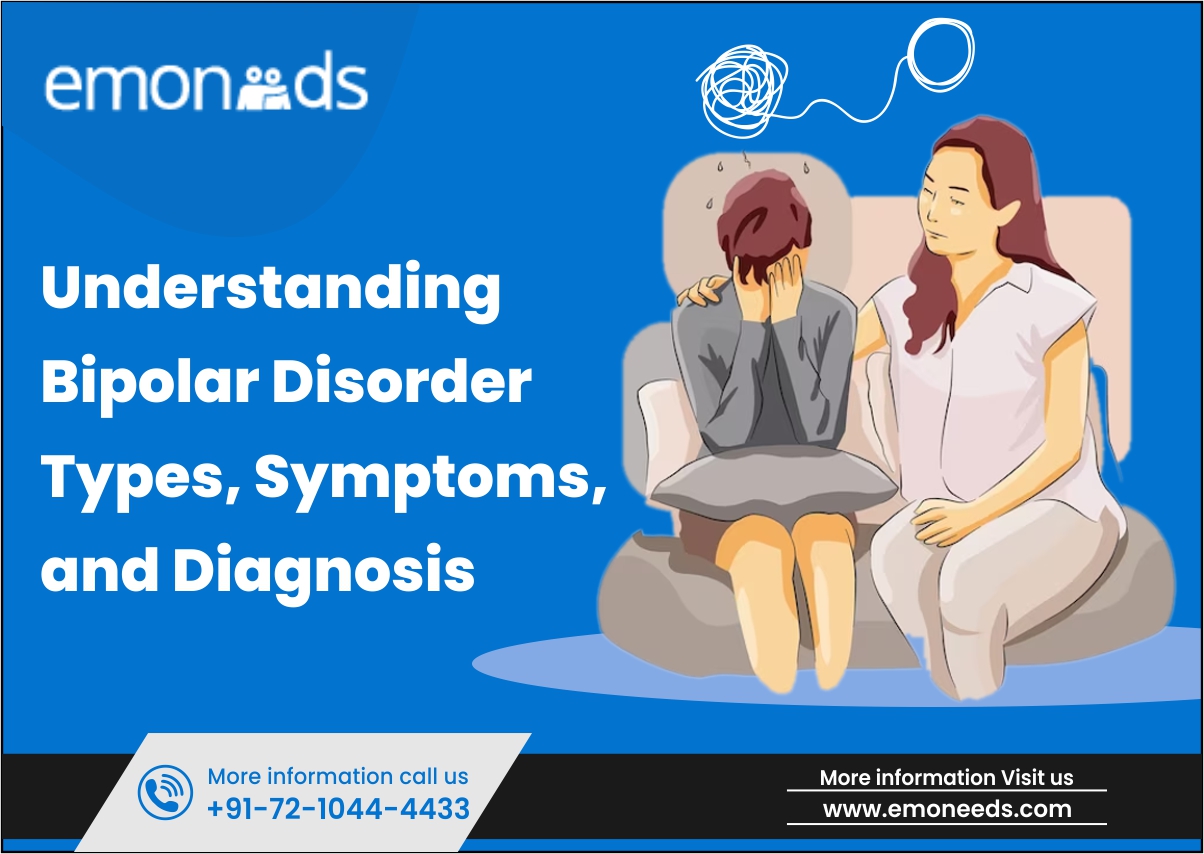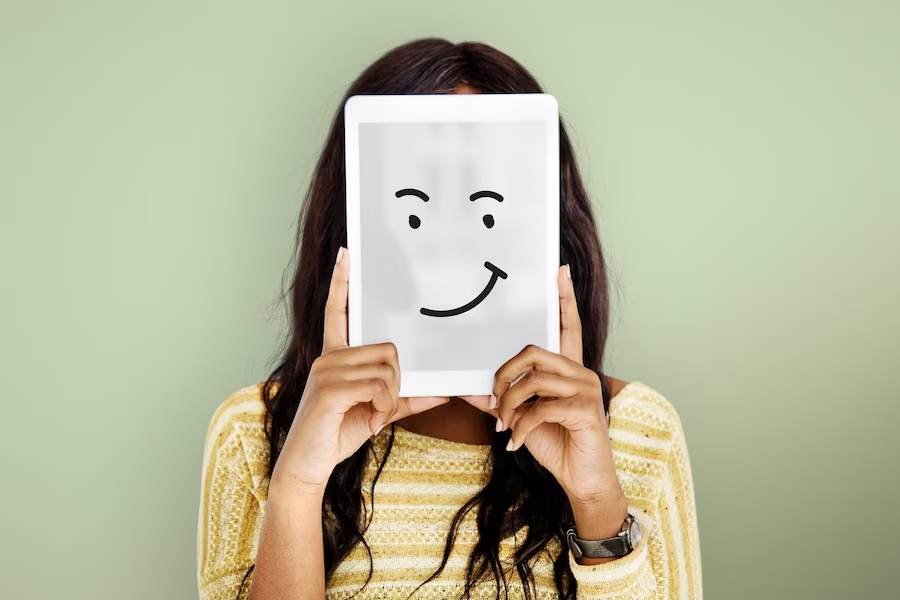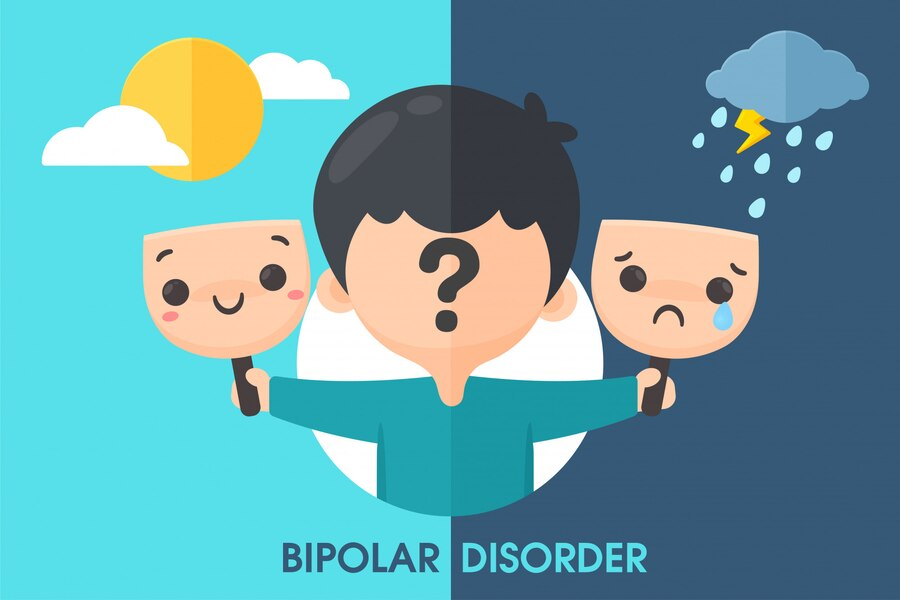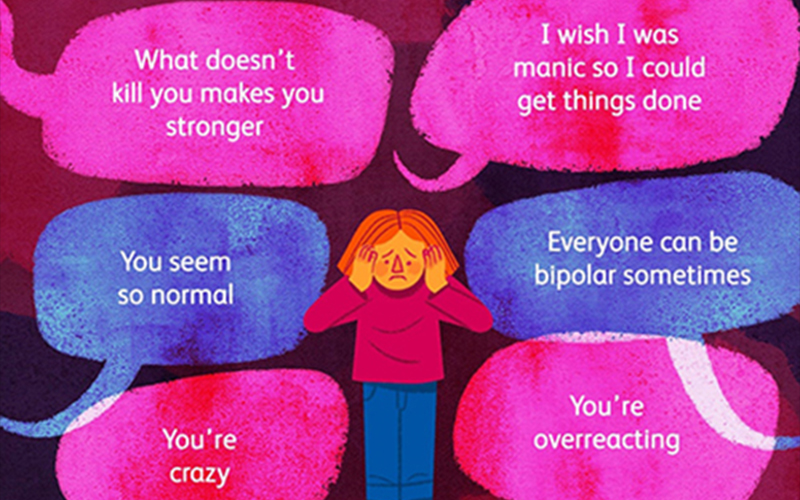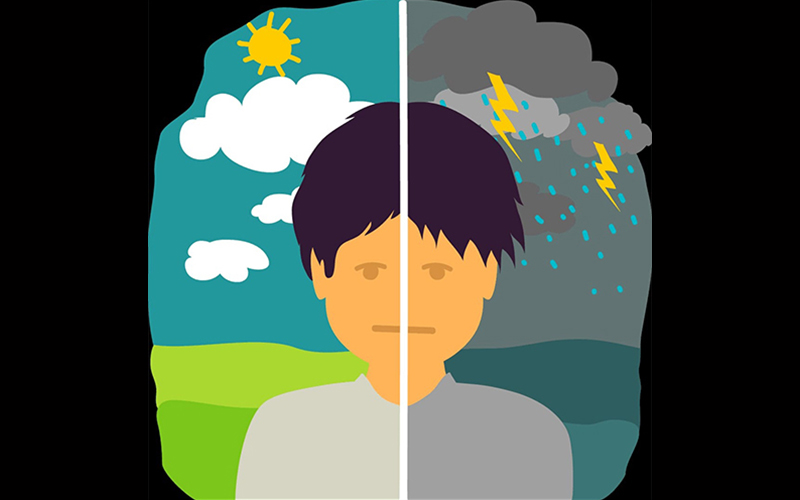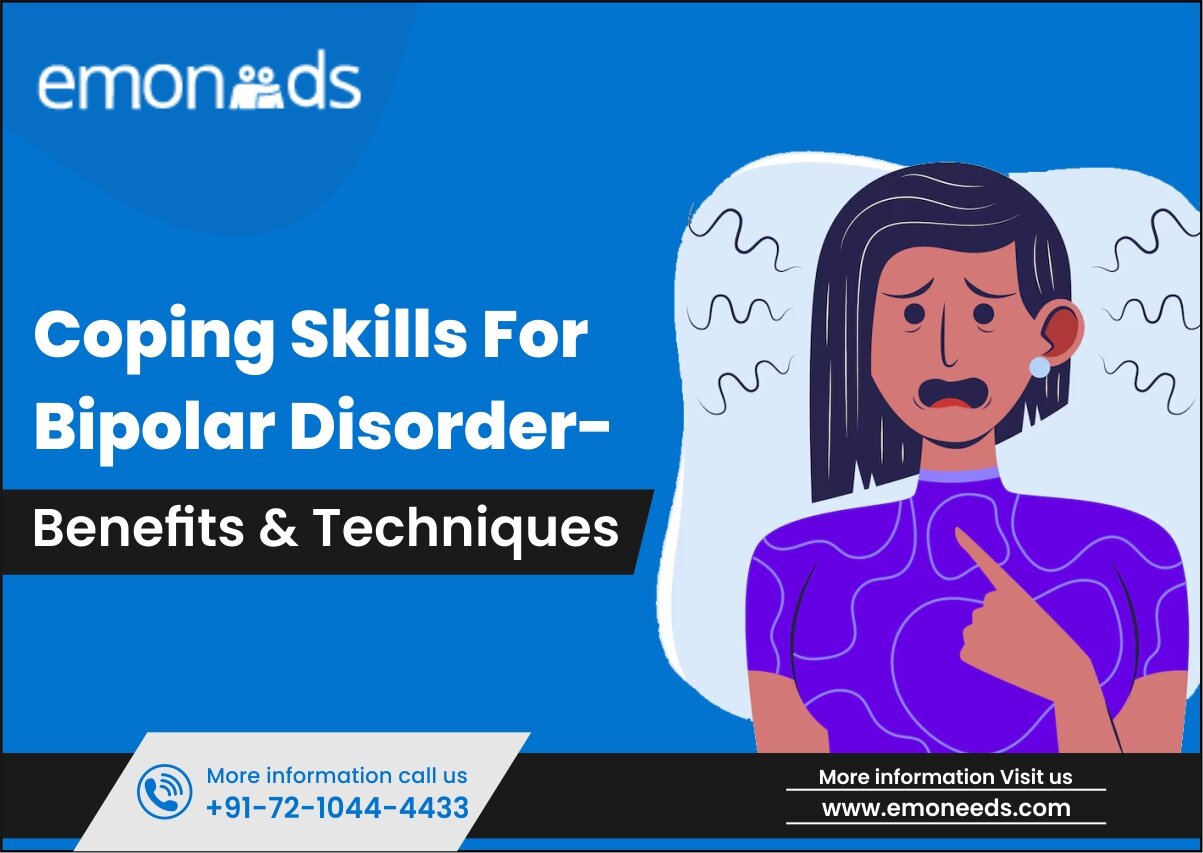
Living with bipolar disorder can present major challenges in everyday life. Bipolar disorder is marked by alternative periods of depression and mania. However, the right coping skills and treatment can help you lead a fulfilling and balanced life. Coping skills for bipolar disorder include several methods and techniques for managing and navigating the condition’s emotional highs and lows. In this article, we’ll look at the benefits of coping skills for bipolar disorder and discuss many methods that people can use to improve their general well-being.
How Does Coping Skills Work for Bipolar Disorder
Coping skills for bipolar disorder are important tools that people can use to effectively manage their symptoms. These skills include a variety of methods and techniques for creating stability, lowering stress, and improving emotional well-being. Coping strategies can range from forming support systems to practicing mindfulness and maintaining healthy living choices. These abilities are commonly learned through therapy, such as cognitive-behavioral therapy (CBT) or dialectical behavior therapy (DBT), although they can also be practiced independently. Here are the 3 coping skills that work for bipolar disorder:
Recognizing Symptoms of Mood Changes
Recognizing symptoms is an important part of managing bipolar disorder. People who are aware of specific changes in mood, behavior, and physical well-being can make proactive efforts to manage their condition effectively. Common symptoms include fluctuations in energy levels, changes in sleep habits, eating issues, and mood swings from manic to depressive states.
Understanding these cues helps people anticipate approaching mood episodes and practice coping methods before they worsen. People who routinely monitor their mental and emotional states could get an understanding of their patterns and triggers, helping them to take control of their mental health.
Applying Coping Techniques
Once symptoms are identified, the execution of coping strategies is important. People use a variety of coping methods to manage and relieve the unpleasant symptoms associated with bipolar disorder. The methods used may include cognitive restructuring, which involves challenging negative thought patterns and replacing them with more balanced viewpoints. Also, relaxation techniques, including deep breathing exercises, progressive muscle relaxation, and mindfulness practices, can help people reduce stress and improve their mental health.
Benefits of Coping Skills for Bipolar Disorder
Using the right bipolar coping skills can significantly improve the lives of those living with the condition. The benefits of learning coping skills go far beyond symptom management, affecting many facets of everyday life and general well-being.
Improved Mood Stability
One of the most important benefits of coping skills for bipolar disorder is improved mood stability. Bipolar disorder often leads to severe mood changes, ranging from depression to mania. Coping skills provide you with the tools you need to better handle these emotional changes. You can act before mood swings worsen by learning to recognize triggers and early warning signs. Mindfulness, cognitive restructuring, and stress management techniques can help you regulate your emotions and reduce the severity and frequency of mood swings.
Reduces Reliance on Medications
While medications are a necessity for controlling bipolar disorder, adopting ways to cope into your daily routine might complement treatment with medication. By mastering coping methods, you will be able to reduce your reliance on high-dose medications. Coping skills provide you with a sense of control over your health and allow you to actively participate in your treatment plan. As you become more adept at managing your symptoms, you may find that you require lower amounts of medicine to maintain stability.
Better Quality of Life
Learning coping skills can considerably improve your overall quality of life. Effective coping mechanisms allow you to participate more completely in daily activities and pursue your interests with greater enthusiasm. When you’re prepared to face the difficulties of bipolar conditions, you’ll be better able to enjoy meaningful relationships, pursue career goals, and appreciate life’s simple joys. Coping skills provide you the resilience and adaptability you need to get through life’s ups and downs while still feeling purposeful and fulfilled.
Healthier Relationships
Healthy relationships are essential for emotional well-being, and coping skills can help you build greater connections with those around you. As you improve your ability to control your symptoms, you will likely have fewer disagreements and misunderstandings with loved ones. Effective communication, boundary-setting, and conflict resolution to resolve disputes are all essential components of coping abilities that can improve your interpersonal relationships. You can build stronger, more meaningful relationships with family, friends, and love partners by honestly expressing your needs and practicing empathy and compassion.
How to Practice Coping Skills for Bipolar Disorder?
Having coping skills for bipolar disorder is important for properly managing the condition and improving general well-being. Coping skills are a collection of methods and techniques that people can use in their daily lives to better control mood swings, reduce stress, and promote stability. Here’s how people might practice coping strategies adapted to their specific needs and circumstances:
Mindfulness Techniques
Mindfulness methods, including meditation, deep breathing exercises, and progressive muscle relaxation, can help people with bipolar disorder stay grounded and focused during times of emotional crisis. These methods help people relax, reduce tension, and improve emotional regulation. Practicing deep breathing exercises for a few minutes every day can help quiet the mind and reduce anxiety or agitation during manic episodes.
Getting Social Support
Connecting with supportive friends, family members, or support groups can provide the necessary encouragement, understanding, and affirmation. Sharing experiences with others who understand the struggles of bipolar disorder can help to alleviate feelings of loneliness and develop a sense of connection. Joining a local support group or online community dedicated to bipolar disorder allows people to discuss coping skills, seek advice, and receive emotional support from others going through similar experiences.
Going to Therapy
Therapy, such as cognitive-behavioral therapy (CBT) or dialectical behavior therapy (DBT), helps people learn the coping strategies for bipolar disorder. It challenges negative thought patterns and creates effective symptom-management methods. Working with a therapist gives specialized support and guidance based on individual requirements. CBT teaches people how to recognize and challenge negative thought patterns linked with bipolar disorder, replacing them with more adaptive and constructive ways of thinking.
Doing Regular Exercise
Regular physical activity is one of the most effective methods to manage bipolar disorder. Walking, running, swimming, and yoga are all activities that can help you reduce stress, boost your mood, and feel better overall. Physical activity also produces endorphins, which are natural mood enhancers. Taking a brisk walk in the park or doing yoga for 30 minutes every day can help ease bipolar disorder-related anxiety.
Journaling
Writing down ideas, feelings, and experiences in a diary can help people with bipolar disorder feel better and get more insight into their emotions. Journaling allows people to monitor their mood swings, discover triggers, and explore trends in their behavior. It also provides a therapeutic space for self-expression and reflection. Setting aside time each day to write in a diary, whether in the morning or before bed, can help people process their feelings and gain insight into their mental health.
Following a Proper Routine
Maintaining consistent daily routines can provide stability and structure for those with bipolar disorder. Following consistent sleep, eating, and medication habits can help regulate mood and reduce mood swings. Consistent routines and schedules improve stability and control the body’s internal clock, also known as the circadian rhythm. People can reduce the disruptive impact of mood episodes by establishing regular sleep patterns, meal times, medication routines, and daily activities.
Doing Creative Activities
Creative pursuits such as painting, drawing, writing, or playing music can be effective coping methods for people suffering from bipolar disorder. People can use creative expression to channel their emotions and thoughts into tangible forms of art, which promotes a sense of accomplishment and self-discovery. Taking an art lesson, joining a writing club, or learning to play a musical instrument helps people to express themselves creatively while also growing personally.
Walking in Nature
Connecting with nature can provide great benefits for people with bipolar disorder. Nature walks, trips, or simply spending time in natural settings can help to relax, reduce stress, and enhance mood. Nature’s sights, sounds, and smells soothe both the mind and the body. Taking a leisurely walk around a nearby park, hiking along beautiful trails, or gardening encourages people to immerse themselves in nature and get its therapeutic benefits firsthand.
Support Groups for Coping with Bipolar Disorder
Several support groups in India provide important help to those suffering from bipolar disorder, promoting a sense of connection and giving invaluable resources. Among these, the Bipolar India Support Group stands out as an example of empathy and unity. Founded by Vijay Nallawala, who openly battles bipolar disorder himself, the group holds regular meetings and online forums where members can talk about their experiences, seek advice, and receive emotional support.
The Schizophrenia Awareness Association (SAA) in Pune, Maharashtra, while primarily concerned with schizophrenia, also helps people with bipolar disorder. People with bipolar disorder benefit greatly from these support groups because they provide a secure and nonjudgmental environment for sharing experiences and emotions. They offer practical advice on coping techniques, medication management, and lifestyle changes.
Conclusion
Living with bipolar disorder presents serious problems, but strong coping skills and treatment can lead to a more balanced life. Important benefits include improved mood, reduced use of medications, better quality of life, and healthier relationships. Mindfulness, social support, therapy, regular exercise, journaling, creative activities, and nature walks are all important coping skills for people with bipolar disorder.
